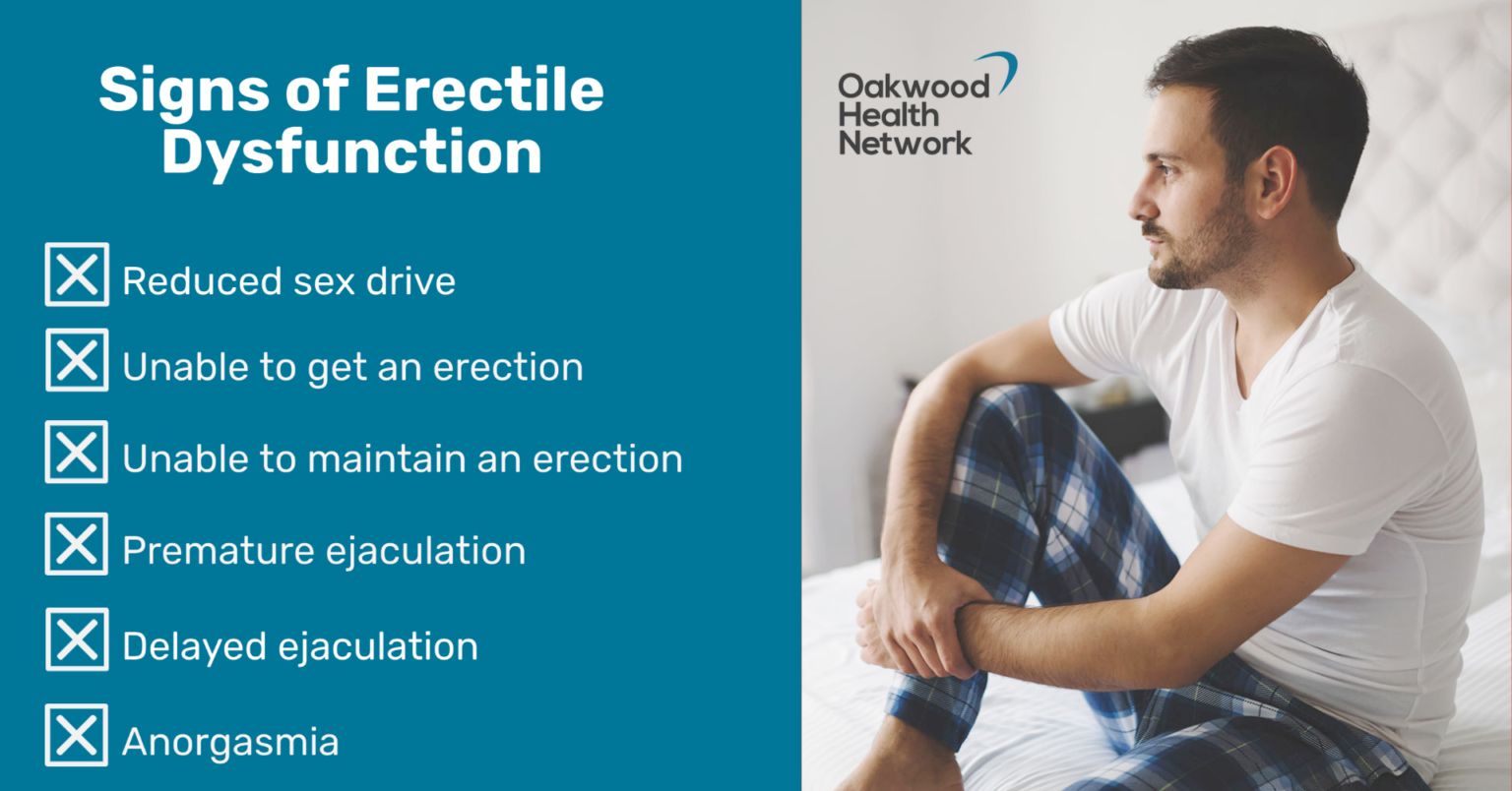Erectile dysfunction (ED) affects an estimated 30 million men in the United States alone, and yet, it’s a topic many shy away from discussing. It’s one of those conditions that, though incredibly common, carries a heavy stigma. If you or someone you know has experienced difficulties in achieving or maintaining an erection, you’re not alone—and the good news is that help is available. But with so many treatment options out there, it can be hard to know where to begin. Do you start with pills? Or should you explore more advanced treatments like injections, devices, or even surgery? How do you separate fact from fiction, and how can you be sure that the treatment you choose will be the right one for you? In this article, we’ll walk you through the most effective erectile dysfunction treatments based on scientific research, expert opinions, and patient feedback. We’ll also address some common myths, share real-world success stories, and give you the facts you need to make an informed decision. Before we dive into treatment options, let’s quickly establish what erectile dysfunction is. ED is the inability to get or maintain an erection firm enough for sexual intercourse. It’s more than just a fleeting issue—it happens consistently over time and can be linked to underlying health conditions, such as: The key to successfully managing ED is early intervention. While occasional problems with erectile function can happen to anyone, when they become regular, it’s important to see a doctor. Left untreated, ED can lead to feelings of embarrassment, shame, and frustration, which can worsen the problem. Worse still, ED can often be a warning sign of more serious health issues. That said, there is no need to panic. Erectile dysfunction is treatable, and with the right approach, most men find relief and regain their confidence. Let’s start with the most well-known treatment: oral medications. These drugs are often the first go-to for ED because they are effective, convenient, and relatively inexpensive. The most common medications prescribed include: These medications are known as PDE5 inhibitors. They work by increasing blood flow to the penis, which helps men achieve and maintain an erection when sexually aroused. The effects usually kick in within 30 to 60 minutes, with Viagra and Levitra lasting around 4 to 5 hours, while Cialis can last up to 36 hours—giving it the nickname “the weekend pill.” Dr. John Smith, a renowned urologist, says, “For many men, PDE5 inhibitors are a game-changer. The success rate is high, with up to 70% of men reporting improved erectile function after using these medications.” However, they aren’t suitable for everyone. If you have heart problems or take certain medications (especially nitrates), you may need to explore other treatment options. “I was skeptical at first, but after using Viagra, I felt like I had my old self back. It was a huge confidence booster for me and my partner,” says Mark, 52. His experience is typical—many men report noticeable improvements in their ability to perform sexually. If oral medications don’t work, there are a few more options to consider. These treatments are typically more invasive but can be very effective. A penile pump works by creating a vacuum around the penis, which helps draw blood into the organ, causing an erection. Once the erection is achieved, a constriction ring is placed at the base of the penis to maintain the erection. These devices have a success rate of over 60% and are a good option for men who cannot take oral medications. For men who need more direct assistance, intracavernosal injection therapy may be the answer. This involves injecting a medication (like alprostadil) directly into the penis, which causes the blood vessels to dilate and increases blood flow. Injections have a success rate of 85% to 90%, and many patients report quicker, more reliable results than with pills. The major downside is the discomfort and the need for manual administration. “I had tried pills, but they didn’t work for me. After my doctor suggested injections, I was hesitant at first. But now, it’s been life-changing. The results are immediate and reliable,” says Thomas, 61. If other treatments fail, surgery may be recommended. This is typically the last resort but has a high success rate in restoring erectile function. A penile implant involves placing a small device inside the penis that can be inflated or bent to create an erection. This option is typically recommended for men who have severe ED that doesn’t respond to other treatments. There are two types of penile implants: While surgery is always a more invasive option, the satisfaction rate for penile implants is over 90%, and many patients report significant improvements in their quality of life. Dr. Sarah Johnson, a urologist at a leading medical center, states, “Penile implants are incredibly effective, but they’re typically reserved for cases where all other treatments have failed. They’re a permanent solution, but the surgery and recovery can take some time.” While medications and surgeries can address the symptoms of ED, lifestyle changes are often at the heart of long-term success. Many men find that improving their overall health can have a profound effect on their sexual function. Here are some lifestyle adjustments to consider: These changes not only help treat ED, but they also improve your general well-being, which can have positive effects on your sexual health. In many cases, ED has a psychological component. Performance anxiety, stress, and depression can all contribute to erectile dysfunction. For these issues, therapy or counseling may be incredibly helpful. Cognitive-behavioral therapy (CBT) and sex therapy have shown significant success in treating ED caused by emotional or psychological factors. “Sometimes, ED is as much about mental health as it is about physical health,” says Dr. Emily Thompson, a clinical psychologist specializing in sexual health. “In my experience, men who receive counseling along with medical treatments tend to see faster and more lasting improvements.” Erectile dysfunction doesn’t have to define you. With a range of treatment options available, there’s a solution for nearly every case of ED. Whether it’s through medication, devices, surgery, or lifestyle changes, there is hope. The key is to talk to your doctor, explore your options, and be open to finding the treatment that works best for you. Remember, you’re not alone. Millions of men experience ED, and with the right approach, you can overcome it and regain your confidence. So, take the first step today: Speak to your healthcare provider, and start your journey toward better sexual health.
The Basics: What Is Erectile Dysfunction?
Understanding the Importance of Early Treatment
First Line of Treatment: Oral Medications
How Do They Work?
Expert Opinions
What Do Users Say?
Second Line of Treatment: Devices and Injections

Penile Pumps (Vacuum Erection Devices – VEDs)
Injections
What Patients Say
Third Line of Treatment: Surgical Options
Penile Implants
Expert Insights
Lifestyle Changes: The Foundation of ED Treatment
Psychological Factors: Don’t Ignore the Mind
What Experts Recommend
Conclusion: The Best Treatment for You














Be the first commentator